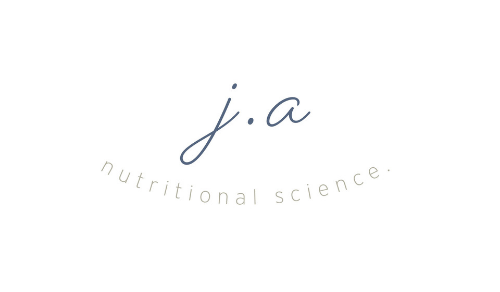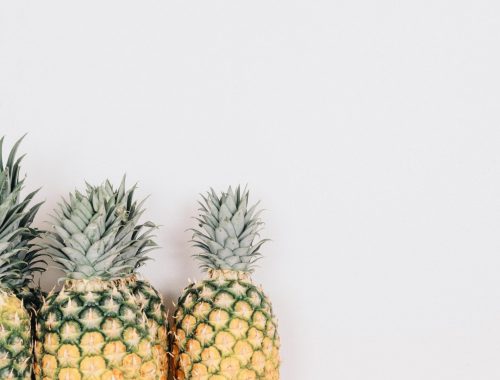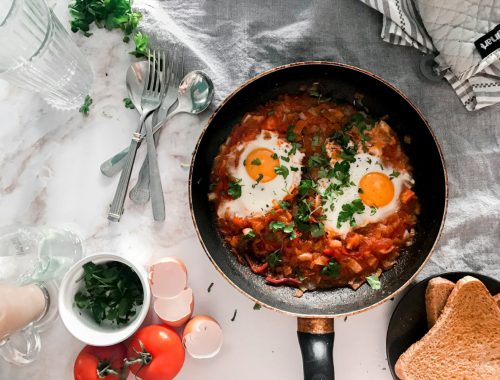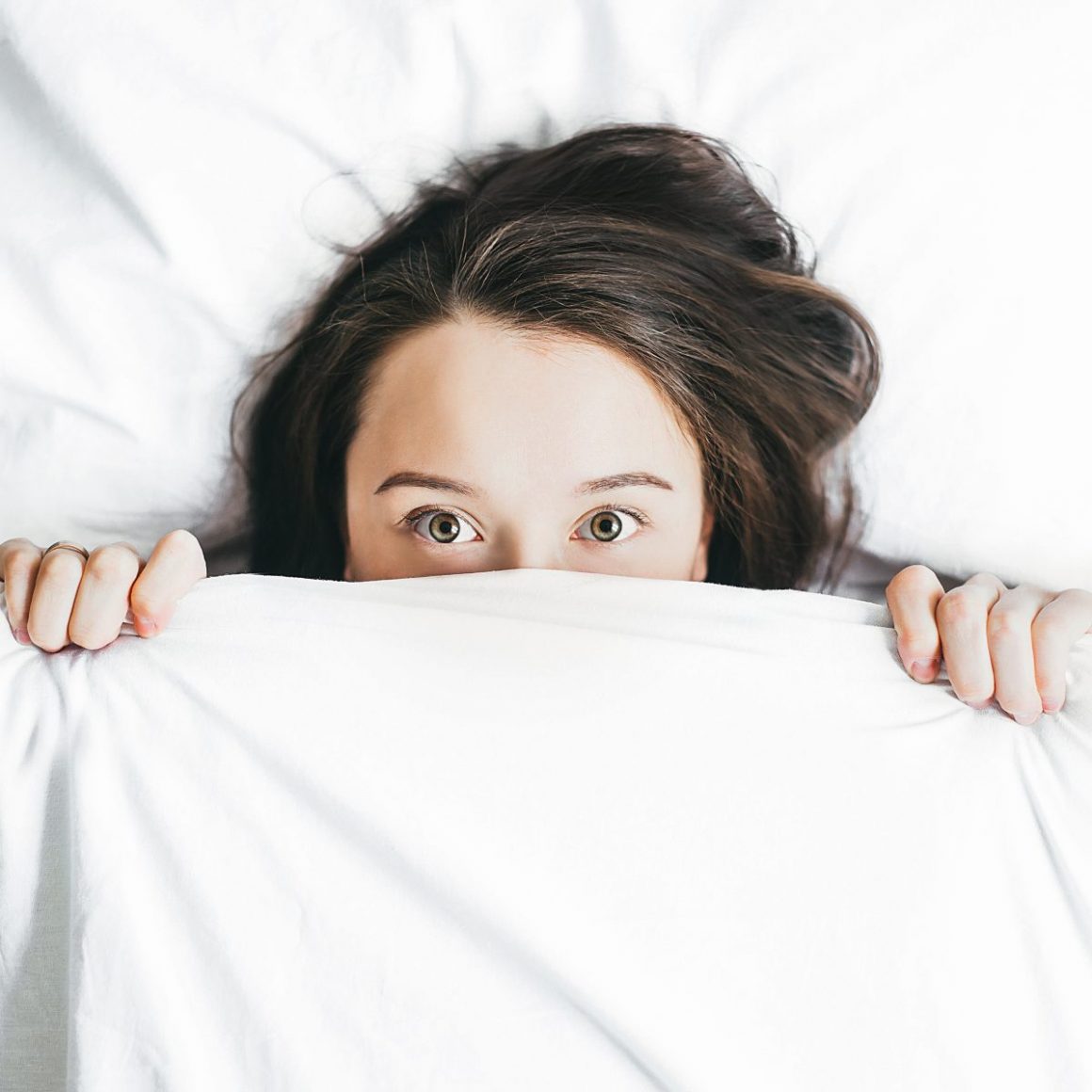
How Diet Affects Sleep
Research has shown that what we eat plays a significant role in regulating our hormones and the quality and quantity of our sleep.
Sleep is a vital aspect of our overall well-being, affecting various aspects of our physical and mental health. Not getting 7-9 hours sleep can make it much more difficult to cope with stress and lowers our immunity and resilience. Recognising the connections between nutrition and sleep creates the opportunity to optimise both in order to sleep better and perform better.
1. Influence of Macronutrients on Sleep:
a. Carbohydrates: Consuming complex carbohydrates, such as whole grains, legumes, and fruits, can promote better sleep. These foods increase the production of serotonin, a neurotransmitter known for its calming effects, leading to improved sleep quality.
b. Protein: Adequate protein intake, especially from foods like fish, poultry, eggs, and dairy products, can aid in sleep regulation. Protein contains tryptophan, an amino acid that helps produce serotonin and melatonin, both essential for sleep.
2. Micronutrients and Sleep Quality:
a. Magnesium: This mineral has a calming effect on the body and nervous system, promoting relaxation and aiding in sleep quality. Foods rich in magnesium include dark leafy greens, nuts, seeds, and whole grains.
b. Vitamin B6: Vitamin B6 is involved in the production of serotonin and melatonin, both crucial for regulating sleep-wake cycles. Good sources of vitamin B6 include fish, poultry, bananas, and chickpeas.
3. The Impact of Caffeine and Alcohol:
a. Caffeine: Consuming caffeine, found in coffee, tea, soda, and chocolate, can interfere with sleep. Caffeine stimulates the nervous system and can disrupt sleep initiation and duration, especially if consumed close to bedtime.
How we metabolise caffeine is unique to each individual, staying in the system anywhere from 2-12 hours. A gene called CYP1A2 determines the speed at which our body processes caffeine. CYP1A2 is an important detox enzyme found in the liver that breaks down toxins, drugs, hormones, and other products of metabolism in order to eliminate them from your body.
TIP: If caffeine does affect you, try to limit consuming to the early hours, with a lunch time cut-off.
b. Alcohol: Alcohol is a central nervous system depressant, and many people use it to self-treat insomnia and induce sleepiness. However, drinking alcohol before bed disrupts the sleep cycle, reducing the quality of restful sleep in the second half of the night, interfering with REM sleep, the phase vital for memory consolidation and restoration.
4. The Benefits of a Balanced Diet:
Maintaining a balanced diet with adequate nutrients, including fruits, vegetables, whole grains, lean proteins, and healthy fats, supports overall health and promotes better sleep quality. A varied diet provides the body with the necessary vitamins and minerals for optimal sleep regulation.
5. The Role of Meal Timing:
a. Late-night meals: Consuming heavy, high-fat or spicy foods close to bedtime can lead to indigestion and discomfort, making it difficult to fall asleep. It’s best to have dinner at least a 2-3 hours before bedtime to allow for proper digestion.
b. Evening snacking: Opt for light, sleep-friendly snacks such as bananas, cherries, or herbal tea, as these contain natural sleep-promoting compounds like melatonin or tryptophan.
Foods that Promote Sleep
Certain foods can help induce sleepiness. Consumption of nutrients such as antioxidants, carbohydrates and protein, B vitamins and magnesium increase our levels of tryptophan and melatonin, the main sleep hormone. Dietary sources of tryptophan include turkey, chicken, fish, eggs, milk, pumpkin seeds, beans, nuts, cheese, and leafy green vegetables.
Kiwi fruit – kiwi fruit are high in antioxidants and serotonin, our calming neurotransmitter that the body uses to synthesise melatonin. Just two medium sized kiwi fruit 1 hour before bed has been shown to significantly improve sleep onset, total sleep time and sleep efficiency were significantly increased.
Nuts – walnuts, almonds, pistachios and cashews are a good source of melatonin and are an excellent source of magnesium and healthy fats that promote sleep. Be mindful to keep it to a small handful.
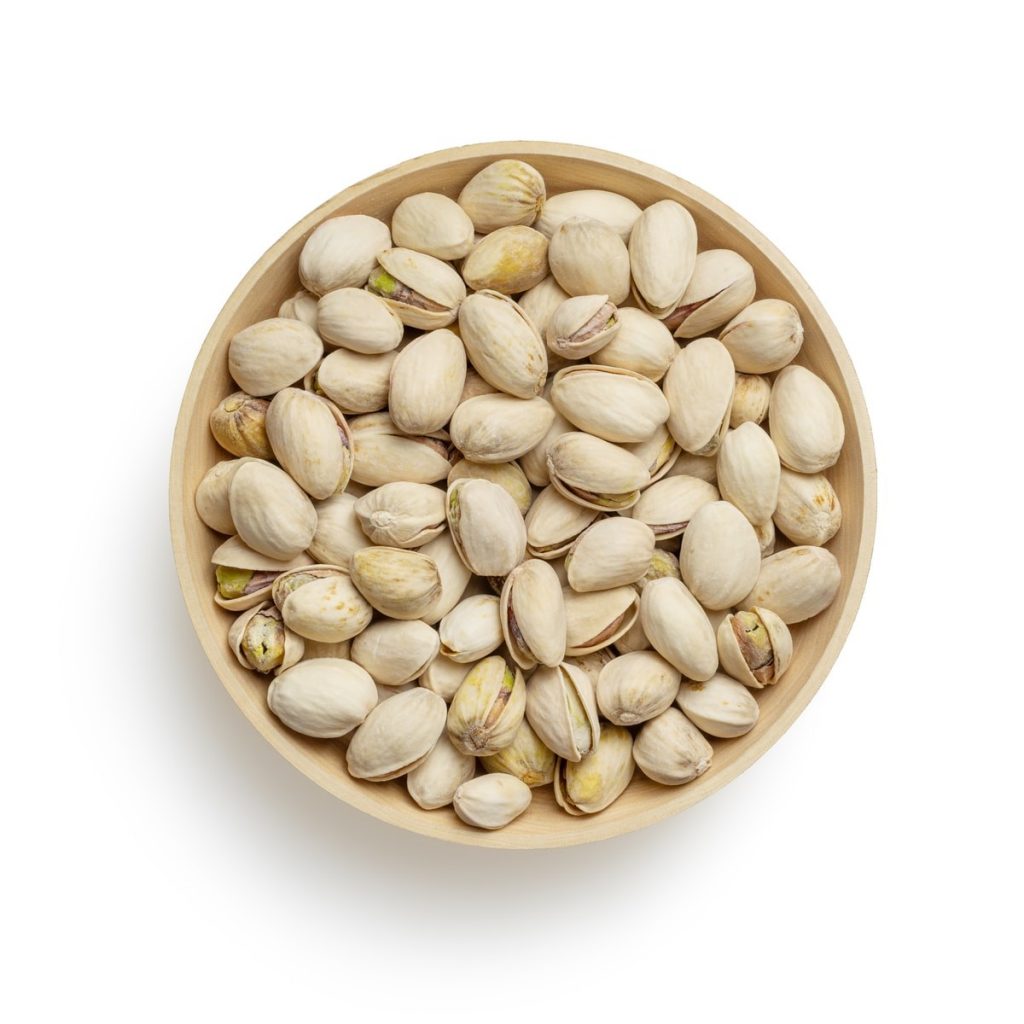
Just 28 grams (that’s about 30 kernels) of pistachios contain about 6 mg of melatonin, which is similar to the amount found in the average melatonin supplement
Herbal tea – try a cup of calming tea like chamomile or passionflower, that contain an antioxidant called apigenin, found to reduce anxiety and initiate sleep. I like to climb into bed at night with a cup of chamomile tea and a good book, silencing all devices, a warm (not hot) shower, and keep the lighting low.
Bananas – try a medium sized, slightly green banana with some protein like Greek yoghurt or natural nut butter. Bananas contain the amino acid L-tryptophan, which converts to 5-HTP in the brain. The 5-HTP in turn is converted to serotonin (a calming neurotransmitter) and melatonin. Try consuming about 1-2 hours before bed. A good alternative to high sugar content desserts.
Fatty fish – such as salmon, sardines, mackerel, and oysters are a good source of vitamin D and omega-3 fatty- acids, nutrients important for the regulation of serotonin.
Tart Cherries – contain high amounts of melatonin, with a recent study finding 2 x servings of 30ml concentrate increased sleep duration and decreased daytime napping. You can find unsweetened tart cherry concentrate at health food stores, stir into a glass of water if you find the concentrate too strong.
Try my warm Turmeric Milk recipe before bed to ease yourself into a deep slumber
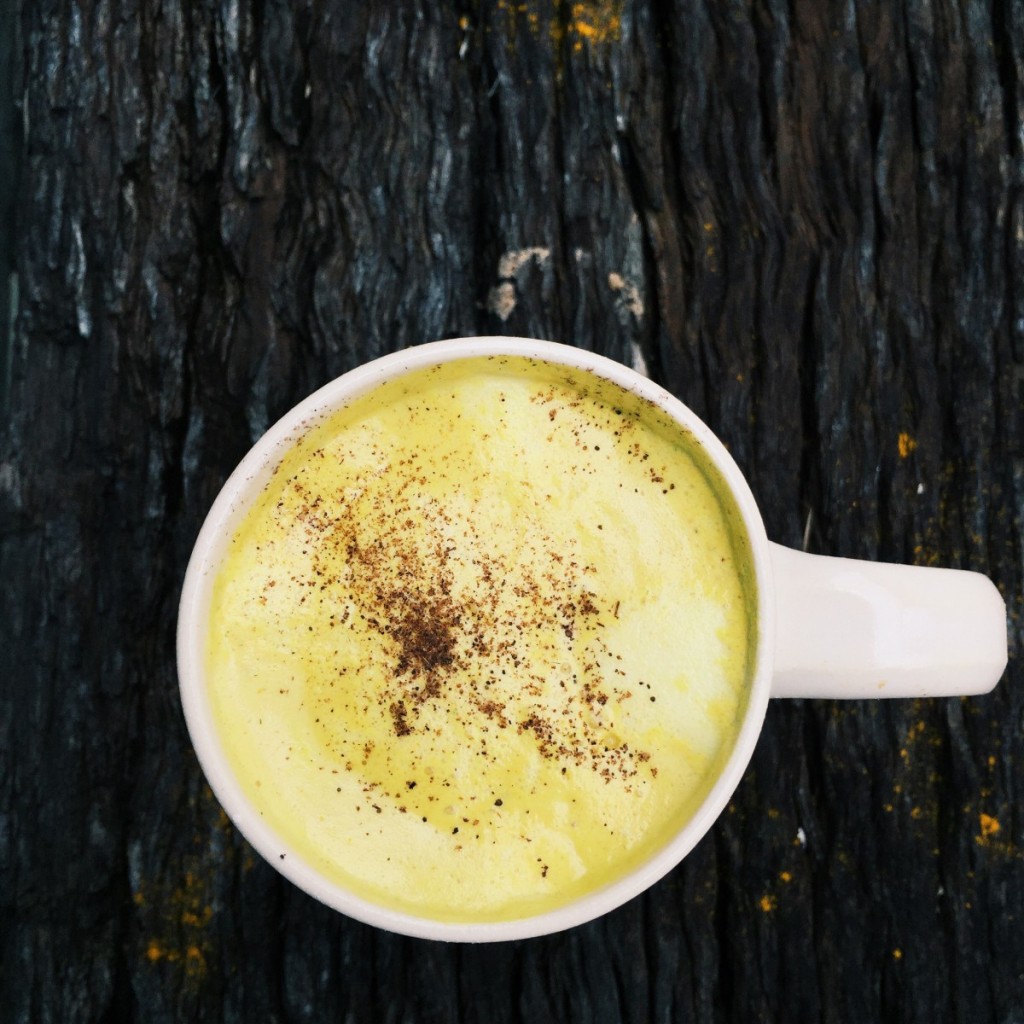
Conclusion:
The quality of our sleep is influenced by various factors, and diet plays a significant role. Incorporating complex carbohydrates, protein, and nutrients like magnesium and vitamin B6 can promote better sleep quality. On the other hand, limiting caffeine and alcohol intake can help prevent sleep disruptions. Adopting a balanced diet, consuming meals at appropriate times, and making mindful food choices can contribute to more restorative and rejuvenating sleep.
References:
1. Grandner, M. A., et al. (2013). Diet and Sleep: A Systematic Review of Interventional Studies in Humans. Sleep Medicine Reviews, 17(3), 193-202.
2. Peuhkuri, K., et al. (2012). Diet Promotes Sleep Duration and Quality. Nutrition Research, 32(5), 309-319.
3. Mingxia Zhao, Houzhen Tuo, Shuhui Wang, Lin Zhao, “The Effects of Dietary Nutrition on Sleep and Sleep Disorders”, Mediators of Inflammation, vol. 2020, Article ID 3142874, 7 pages, 2020. https://doi.org/10.1155/2020/3142874
4. Weibel, J., Lin, YS., Landolt, HP. et al. (2021). The impact of daily caffeine intake on nighttime sleep in young adult men. Sci Rep 11, 4668. https://doi.org/10.1038/s41598-021-84088-x
5. Roehrs, T., et al. (2013). Sleep, Sleepiness, and Alcohol Use. Alcohol Research: Current Reviews, 35(1), 87-97.
6. Lin HH, Tsai PS, Fang SC, Liu JF. Effect of kiwifruit consumption on sleep quality in adults with sleep problems. Asia Pac J Clin Nutr. 2011;20(2):169-74. PMID: 21669584.
7. Howatson G, Bell PG, Tallent J, Middleton B, McHugh MP, Ellis J. Effect of tart cherry juice (Prunus cerasus) on melatonin levels and enhanced sleep quality. Eur J Nutr. 2012 Dec;51(8):909-16. doi: 10.1007/s00394-011-0263-7. Epub 2011 Oct 30. PMID: 22038497.
